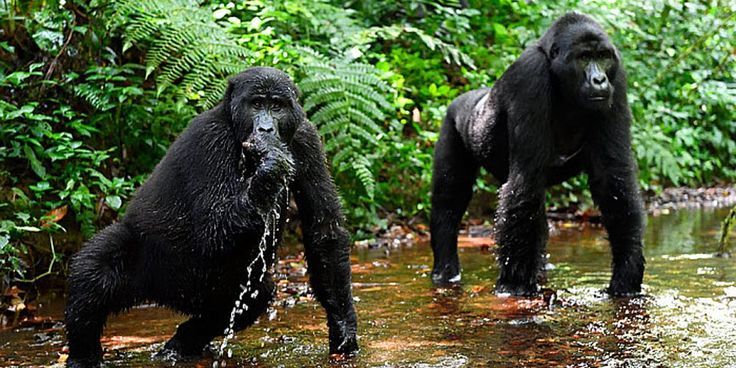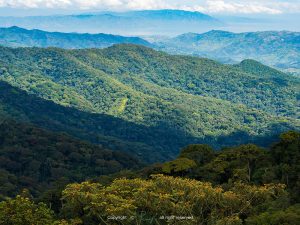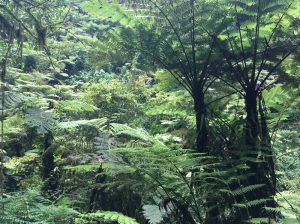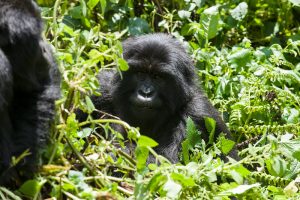Gishwati Mukura National Park
Gishwati-Mukura National Park, one of Rwanda’s newest parks, is an incredible destination for anyone interested in biodiversity, conservation, and eco-tourism. Located in northwestern Rwanda, near the stunning Lake Kivu, this park is dedicated to preserving the Gishwati and Mukura forests. If you’re looking for a travel experience that combines wildlife and nature, this is a must-visit!
What Makes Gishwati-Mukura Special?
- Rich Wildlife and Unique Species
- Primates Galore: Did you know this park is home to some rare primates? Visitors can spot the famous golden monkeys, along with chimpanzees, blue monkeys, and L’Hoest’s monkeys. It’s a paradise for anyone who loves observing animals in their natural habitat!
- Bird Watching Heaven: The park is also an Important Bird Area, making it perfect for birdwatching. Rare species like the Rwenzori Turaco and Grauer’s Swamp Warbler are just some of the colorful birds you might see.
- Diverse Ecosystem: Beyond primates and birds, you’ll find a variety of other small mammals, reptiles, and amphibians here.
- Spectacular Flora
- The park’s montane rainforests are filled with indigenous trees, including ferns and the striking hagenia trees. These plants play a crucial role in keeping the ecosystem healthy by purifying the water, maintaining the soil, and even absorbing carbon from the atmosphere.
- Community-Centered Conservation
- The park wasn’t always as lush as it is today. Years of deforestation and farming had damaged the forest, but thanks to restoration efforts led by the Rwandan government and conservation groups, Gishwati-Mukura is being revitalized.
- Locals are a huge part of this effort. With new community programs, many people around the park have become partners in conservation. These programs support sustainable farming and offer alternative jobs, benefiting both the park and the people.
- Eco-Friendly Tourism
- Visiting Gishwati-Mukura is more than just a trip; it’s a low-impact, educational experience. Visitors can join guided hikes, go birdwatching, or take part in primate tracking. Every tour supports both the park and the surrounding communities, making it a win-win for conservation and local development.
- The eco-tourism approach here means that every visitor learns about the park’s environment, creating a positive impact that goes beyond the forest.
- Part of the Albertine Rift
- Gishwati-Mukura is located within the Albertine Rift, a major biodiversity hotspot in Africa that stretches through several countries. This area is famous for its unique species, making it a valuable region for conservation.
The Future of Gishwati-Mukura National Park
Thanks to ongoing conservation and eco-tourism, Gishwati-Mukura is a perfect example of how a forest can be restored and protected for both wildlife and people. This park is a beacon of hope for sustainable tourism and shows how communities and nature can thrive together.
Ready to explore?
A visit to Gishwati- Mukura isn’t just a trip—it’s an opportunity to support conservation and see Rwanda’s beautiful wildlife up close. From rare primates to vibrant bird species, this park offers an unforgettable eco-tourism experience that’s perfect for nature lovers.




